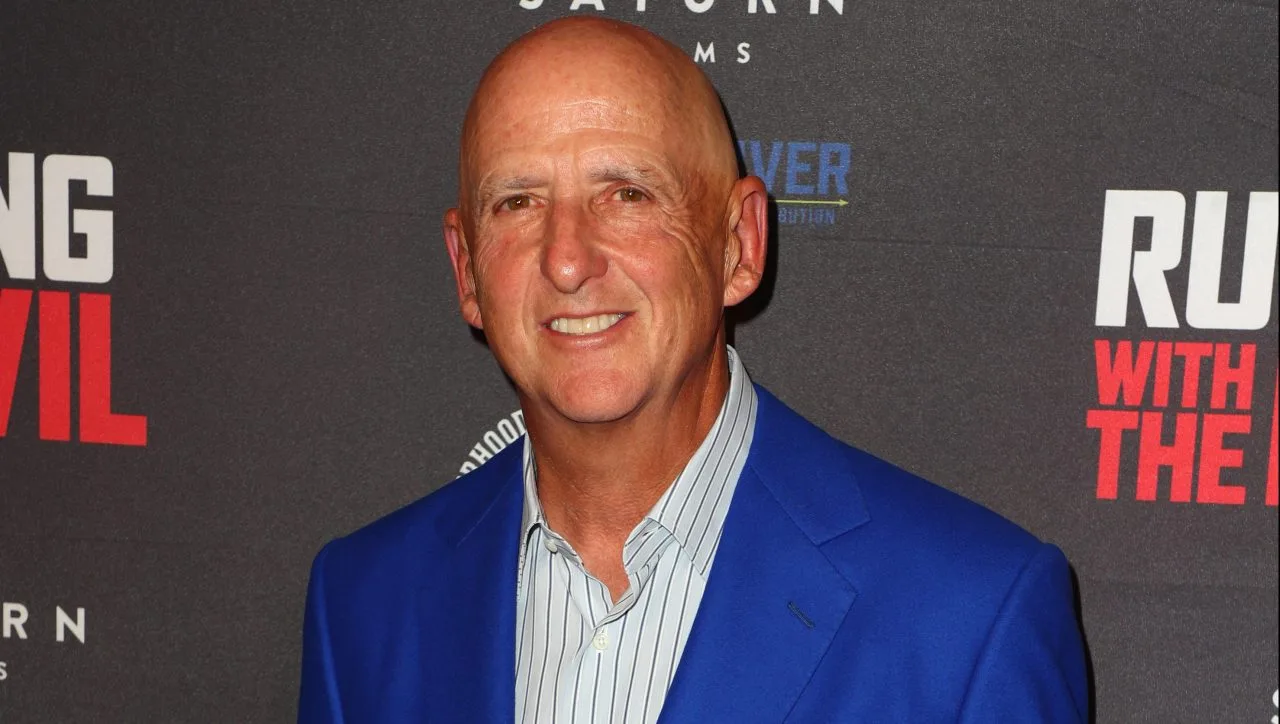Government proclamations, concerning royal ceremonies, laws, taxes, public health, have been dubbed news since ancient times. Humans exhibit a nearly universal desire to learn and share news, which they satisfy by talking to each other and sharing information.Technological and social developments, often driven by government communication and espionage networks, have increased the speed with which news can spread, as well as influenced its content.
The genre of news as we know it today is closely associated with the newspaper.Another corollary of the newness of news is that, as new technology enables new media to disseminate news more quickly, ‘slower’ forms of communication may move away from ‘news’ towards ‘analysis’.
A police helicopter circled overhead crowds of protesters, telling them to leave the area.
According to some theories, “news” is whatever the news industry sells Journalism, broadly understood along the same lines, is the act or occupation of collecting and providing news.
From a commercial perspective, news is simply one input, along with paper (or an electronic server) necessary to prepare a final product for distribution.
Quantitatively, the internet has massively expanded the sheer volume of news items available to one person. The speed of news flow to individuals has also reached a new plateau.
This insurmountable flow of news can daunt people and cause information overload. We can call this period the “technetronic era”, in which “global reality increasingly absorbs the individual, involves him, and even occasionally overwhelms him.”


















































